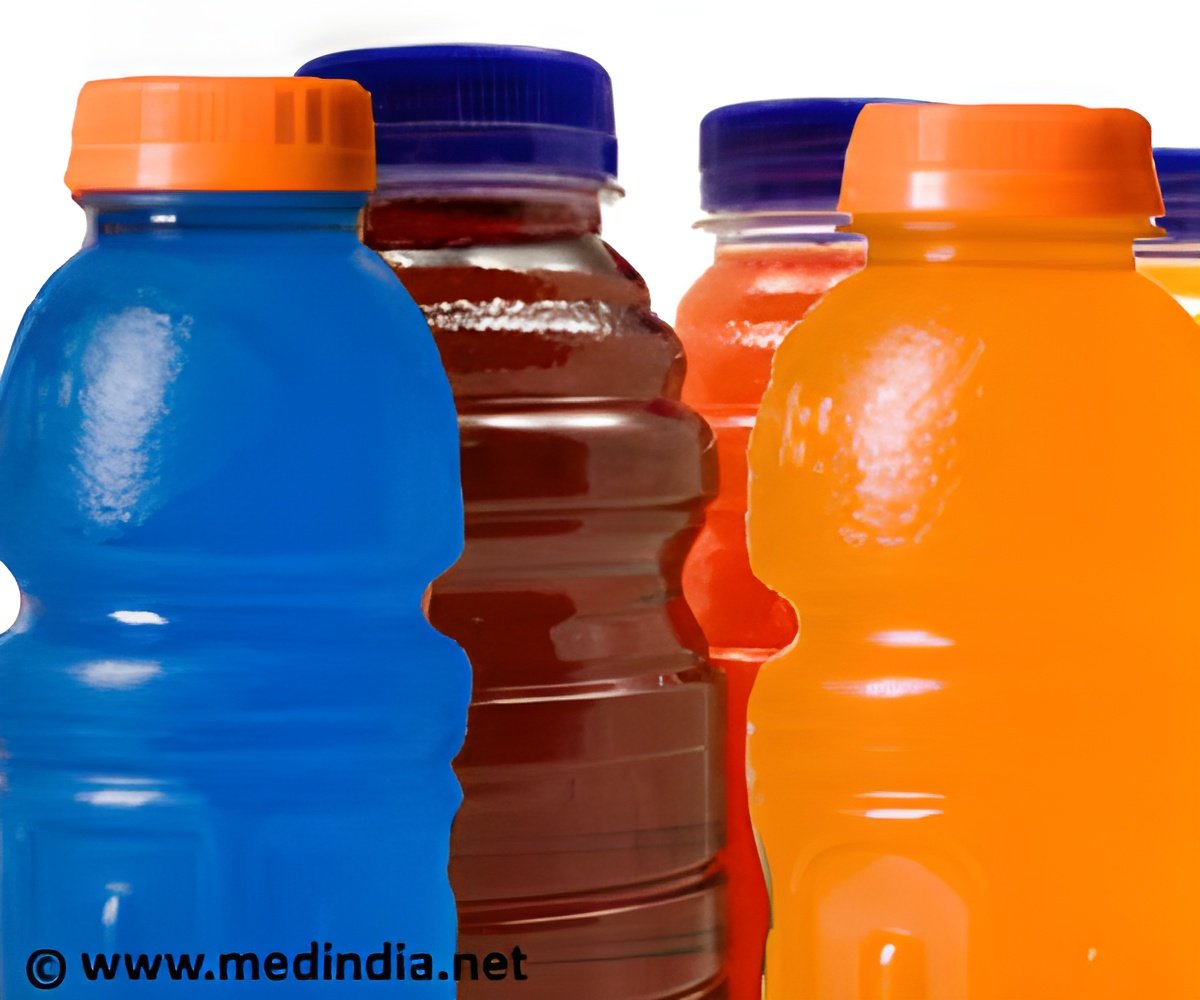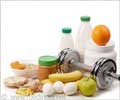Tart Cherry juice could be the new sports drink for cyclists who are preparing for race day as it could give them an edge in recovery.

Research Methodology The cyclists in the tart cherry juice group mixed 30 mL (or about 1 ounce) of Montmorency tart cherry juice concentrate with 10o mL of water and drank the juice twice a day (8 a.m. and 6 p.m.) for eight consecutive days. Each glass contained the equivalent of 90-110 Montmorency tart cherries, which are the most common varietal of tart cherries grown in the U.S. These dark, ruby red cherries have been frequently studied for their potential role in exercise recovery, including a similar study with cyclists previously conducted by Howatson and Bell that examined the positive impact of Montmorency tart cherry juice after a three-day simulated road race.
The fifth day of the study involved a 109-minute cycling trial designed to replicate a road race. The two groups were monitored after the race by assessing the blood for specific markers of physiological stress that helps evaluate the body's ability to recover. The cyclists in the Montmorency tart cherry group maintained muscle function (as measured by maximum voluntary isometric contraction) and experienced a reduction in certain inflammatory responses following the simulated cycling race, compared to those consuming the placebo drink. The tart cherry juice also appeared to maintain exercise efficiency, reducing the amount of oxygen muscles need to do work. The VO-2 (maximal oxygen consumption) values were 4% lower at 24 hours compared to the placebo group.
To help assess dietary compliance, participants kept food diaries and were required to adhere to a low-polyphenolic diet that eliminated fruits, vegetables, tea, coffee, alcohol, chocolate and whole grains for the duration of the study.
The authors conclude that this new study adds to the growing body of evidence providing support for the use of Montmorency tart cherry juice in exercise recovery. Given the existing research - among cyclists and marathon runners - they suggest future work should explore the potential benefits from strenuous exercises that are both metabolically and mechanically challenging, such as football, hockey and court sports.
Montmorency tart cherries are available year-round in dried, frozen and juice forms - including juice concentrate, which was the form used in the U.K. study. Montmorency tart cherry juice concentrate can be mixed with water or other juices. It can also be consumed straight from the bottle or used as an ingredient in recipes, including smoothies and other beverages.
Advertisement













